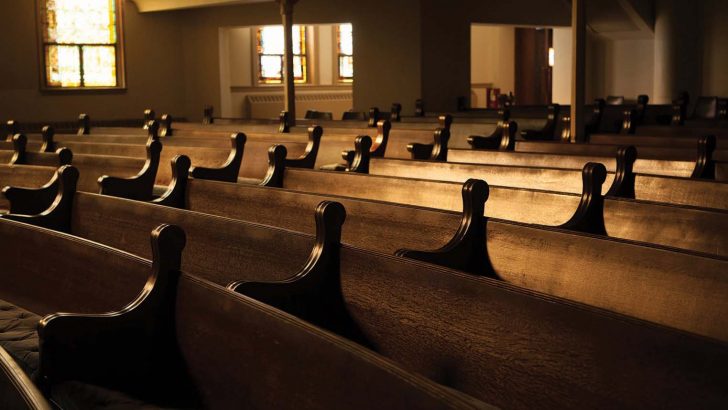There’s a phrase in sport to describe when a player has thought so much about what he is doing that he can’t do it anymore: analysis paralysis.
With the proliferation of coaches, experts, statisticians and the recording technology, the wealth of information and advice can overwhelm even the most talented sportsman or woman.
You take in so much information that you forget the purpose of what you’re doing, going round in circles analysing the various analyses.
The best learn to take in what they need and tune out the rest. Once they have enough, they get on with the business of playing well and winning matches.
There are times in the Church in Ireland that we seem struck by the analysis-paralysis malaise. Our response to the various crises that afflict us – whether it be in vocations, church attendance, catechesis, etc. – often appears to be more meetings and more consultation so that we can better ‘imagine’ a new way of being the Church.
The end result is a proliferation of possibilities and increasingly refined discussions about what it means to be this or that kind of Church – in other words, talks about talks and analyses of analyses.
It looks impressive and it seems that we are getting somewhere, but in fact it threatens to take us further and further from the root of the Church’s life.
We have warned in this paper previously that parishioners and priests are suffering from consultation fatigue resulting from a series of consultations and reports over the past few years, which appear to lead only to further meetings and reports.
This is the danger that faces the synod in Ireland and at a global level, that it becomes self-referential and self-regarding.
Already the language and the symbols of the synod – round tables, co-responsibility, conversations in the spirit – are in danger of becoming codewords understood by a select elite, but confusing to the average parishioner.
If we don’t want to get stuck in analysis paralysis, we have to learn from the sportsman and woman to tune out useless information by testing it against our mission.
For the sportsman, that’s to win the game; for the Church, it is the to save souls by sharing the Good News of Christ. The aim of any meetings or analyses should be: are we ready for this mission? And if not, what do we have to do to get ready?
The answers we need are not vague resolutions to do this or that, which only leads to lethargy – we need firm commitments and intensive activity.
That is a daunting task and a grave responsibility. If we fail, we are potentially risking the salvation of many thousands of people.
But it is also the main measure against which we can test if what we are talking about is fruitful or paralysing.
***
On Friday, February 23, came the by now monthly report that Ireland is facing record levels of homelessness.
The number of people in homeless accommodation has risen by 213, bringing to 13,531 the number of people living in emergency accommodation.
Almost a third of people in homelessness are children (4,027) and 197 are pensioners.
Almost as regular as the shocking figures are Government promises to address the issue through their latest housing plan. For how long have we been hearing that we are ‘about to turn the corner’?
The fact is that it is now going to take a great deal of work to overcome the more than decade-long stagnation in the housing market and inadequate, if any, interventions.


